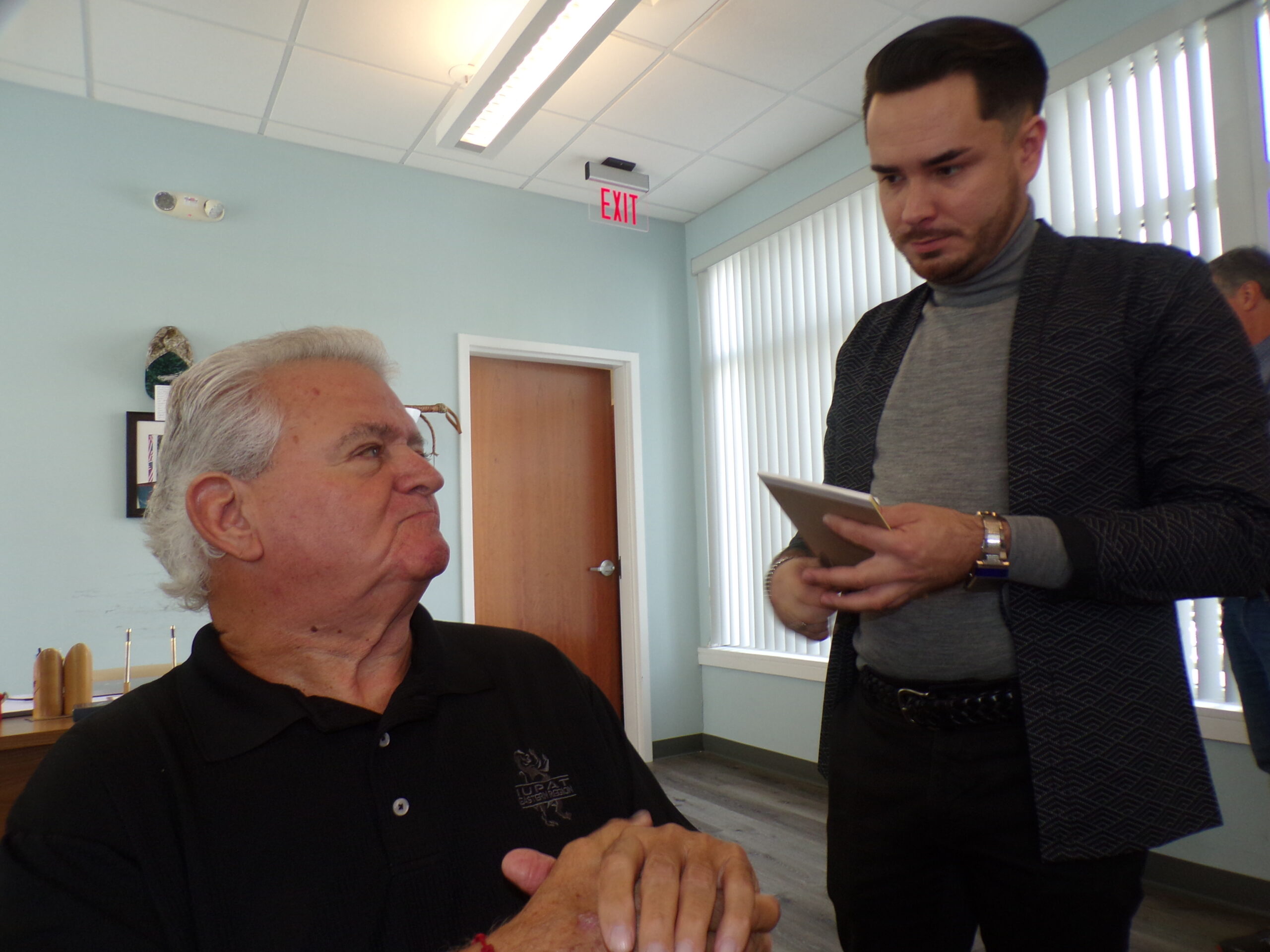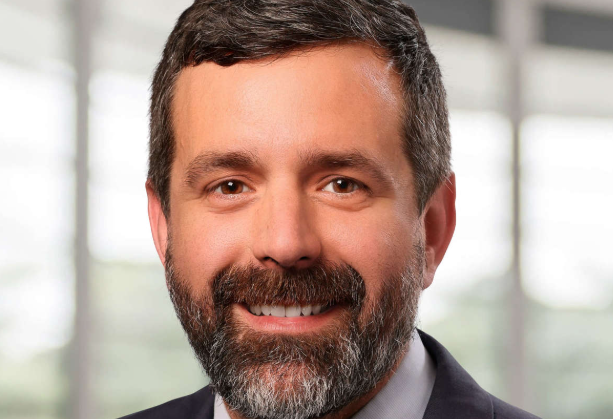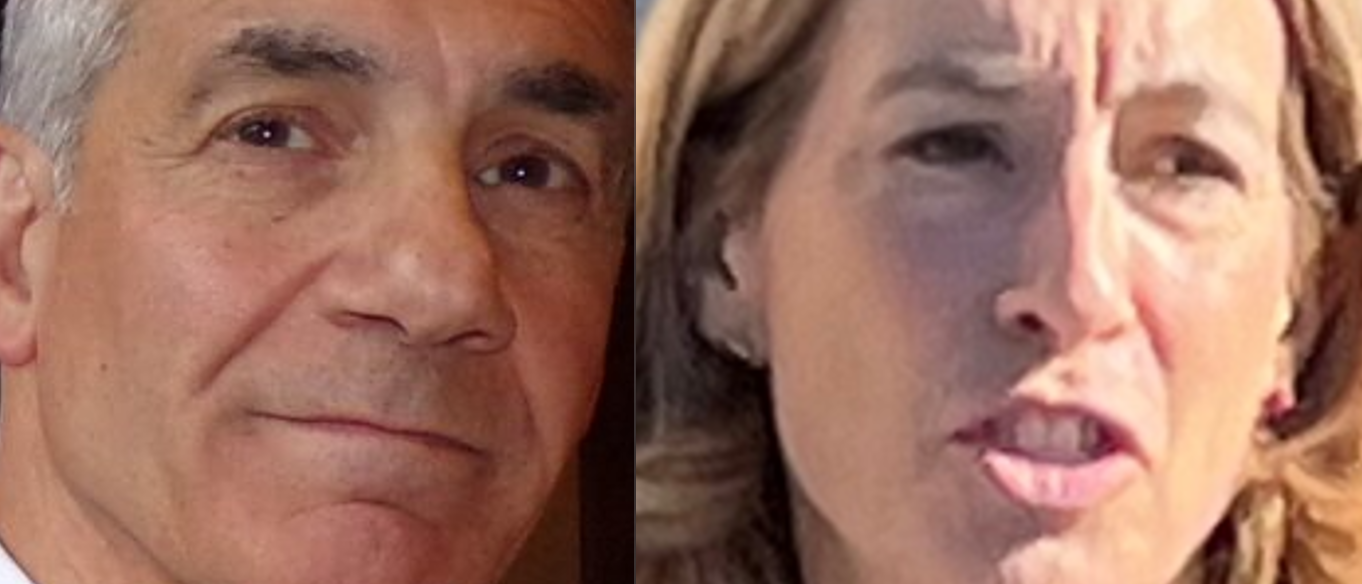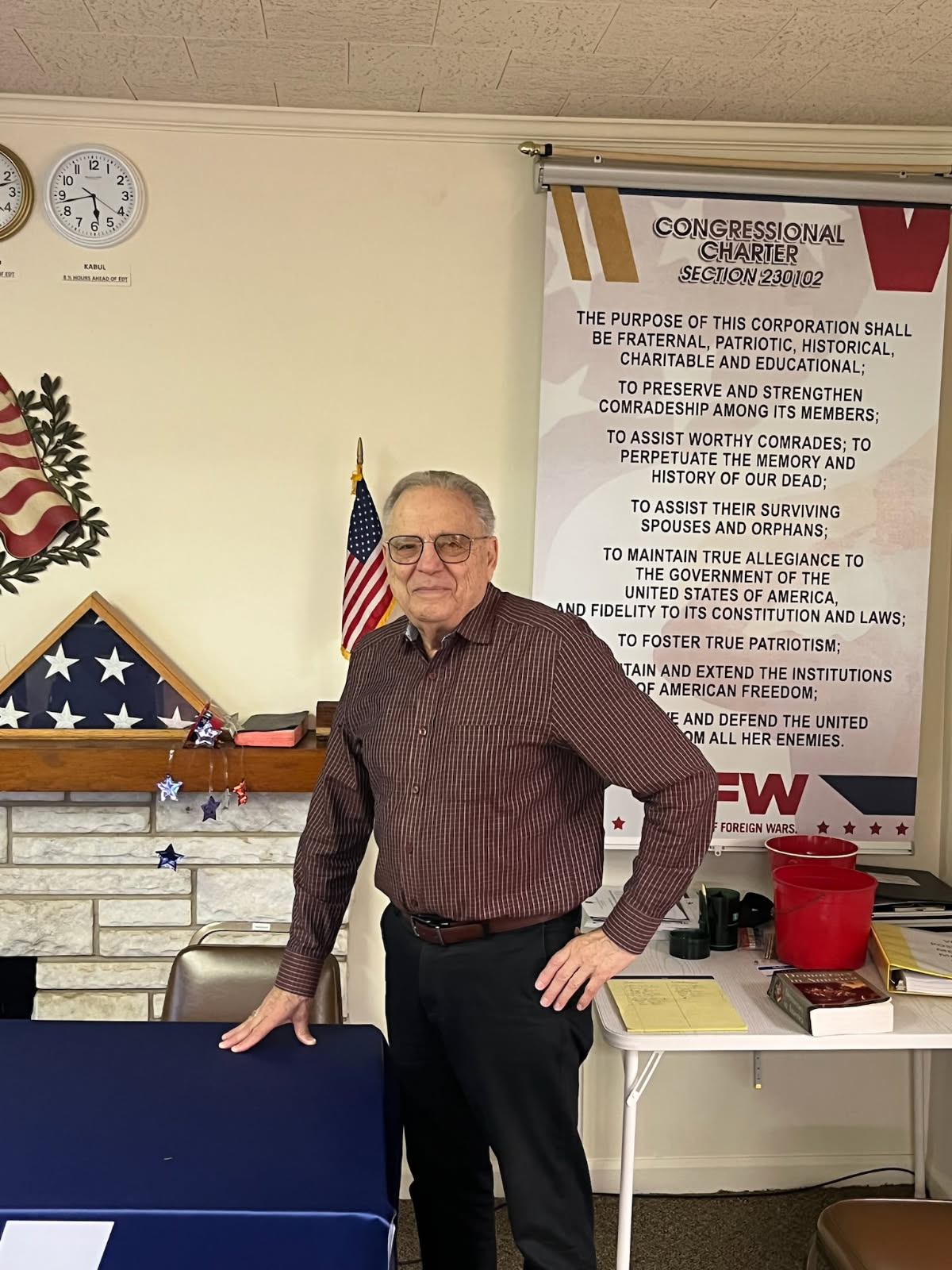
PHILADELPHIA – The city has already surpassed 2020 turnout today, according to John Brady (above, right, with Chairman Robert Brady), executive director of the Philadelphia Democratic Party.
“And we’re still going,” he added.
Why are the numbers so high in Philly?
High performance everywhere, Brady said.
But especially high performance in the Latino neighborhoods: the 33rd, 7th, and 43th – all Latino districts and heavily Puerto Rican.
Brady described the high turnout there as “totally shocking.”
What does it mean?
No one is precisely sure at this time.
Latinos lean socially conservative and Donald Trump has made inroads with them, but then in the closing days of the presidential contest, a comedian misfired cruelly when he likened Puerto Rico to a “floating pile of garbage.”
Might the comment have been a dagger to Trump’s chances to turn Hispanic voters in his direction in this key battleground state?
Public Puerto Rican personalities and leaders widely condemned the remark.
State Senate Majority Leader M. Teresa Ruiz (D-29) had a response for Tony Hinchcliffe, Trump’s warmup act at Madison Square Garden.
Tweeted Ruiz: “Clearly you never consulted Webster’s Dictionary for the definition of trash. In case you can’t read look in a mirror. Despierta Latinas… It will only get worse. Vote Kamala Harris because nuestras vidas depend on it.”
Philly might have gotten the message.
While insiders avidly scrutinized the numbers for answers, a jazz band composed of Kamala Harris backers played outside City Hall in the mid-afternoon lull between a busy morning and the Election evening post-work final drive.
“We’re at 70% turnout now,” Latrice Bryant of the West Ward told InsiderNJ near 5 p.m. as they braced for end-of-the-day rush.
Workers downtown chatted about the election.
Walking the sidewalks, one could hear them acknowledging their differences of opinion while doing manual jobs.
They held strong views.
Not everyone was impassioned.
A man passed InsiderNJ wearing a t-shirt that said, “Frodo Baggins and Sam Gamgee 2024,” a nod to the Lord of the Rings and fantasy land.
(Visited 1,921 times, 1,928 visits today)
Click here for the full Insider Index
Puerto Rican neighborhoods in Philadelphia have been instrumental in boosting voter turnout beyond 2020 levels, according to a recent report by Insider NJ. The report highlights the significant impact that these communities have had on the political landscape in the city, particularly during the recent election cycle.
One of the key factors driving this increase in voter turnout is the growing political engagement and mobilization efforts within Puerto Rican neighborhoods. Community organizations and grassroots groups have been working tirelessly to educate and empower residents to exercise their right to vote and have their voices heard in the democratic process.
In addition, the influx of new residents from Puerto Rico in recent years has also played a role in shaping the political landscape of Philadelphia. These newcomers bring with them a strong sense of civic duty and a desire to participate in the democratic process, which has contributed to the overall increase in voter turnout.
Furthermore, the issues facing Puerto Rican communities, such as affordable housing, education, and healthcare, have galvanized residents to become more politically active and engaged. By organizing around these key issues, community members have been able to mobilize voters and drive turnout to levels beyond those seen in previous election cycles.
The impact of Puerto Rican neighborhoods on voter turnout in Philadelphia cannot be understated. As these communities continue to grow and become more politically active, they will undoubtedly play a crucial role in shaping the future of the city and influencing local and state elections.
Overall, the increased voter turnout in Puerto Rican neighborhoods is a testament to the power of community organizing and grassroots mobilization. By working together and advocating for change, residents are making their voices heard and driving positive change in their communities.



